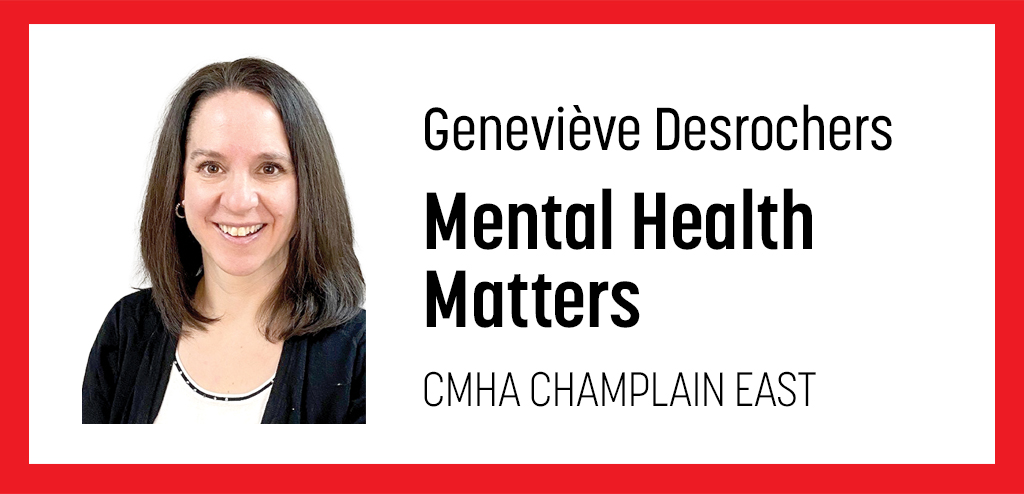The holiday season can be especially difficult for those of us who have lost someone close to us recently, or at this time of the year. With all the messages of family togetherness and joy, the emptiness left behind when someone passes away is a harsh contrast to what society seems to “expect” us to feel. Below are tips to help you or someone you know get through a potentially difficult time:
- Talking about the deceased person is okay. Your stress will only increase if the deceased person’s memory is allowed to become a landmine that everyone tiptoes around.
- Things won’t be the same. It’s normal to feel at odds with yourself when dealing with grief. Do not isolate yourself, but limit your involvement when you need to.
- Don’t let other people’s expectations dictate how your holiday will unfold. If you do want to participate in holiday events, make sure you know your limits. – do whatever you need to do to help yourself.
- Seek support. Talk to your friends and family about how you feel. Many communities offer support groups for people who are grieving. Talking to people who know what you’re going through can be very comforting.
- Plan a special time to celebrate the memories of the person who died. Some families develop creative rituals like decorating a miniature Christmas tree at the cemetery, donating money to the deceased person’s favorite charity, singing their favorite seasonal song, reciting a special prayer before the evening meal, or even just lighting a candle. Symbolic gestures like these can help families validate their feelings of sadness and overcome the guilt of enjoying special occasions.
- Take care of yourself. Stress, depression and bodily neglect are not a great mix at any time of year.
- Think about starting new traditions. Planning something different is not an insult to the memory of a loved one and can be a positive way to ease some of the pressure.
DO YOU NEED MORE HELP?
Contact a community organization like the Canadian Mental Health Association to learn more about support and resources in your area.
The information provided is not a substitute for professional advice. If you need advice, please consult a qualified health care professional. For further information or if you want to access our services at CMHA, please call 1-800-493-8271 or visit our web site at www.cmha-east.on.ca



